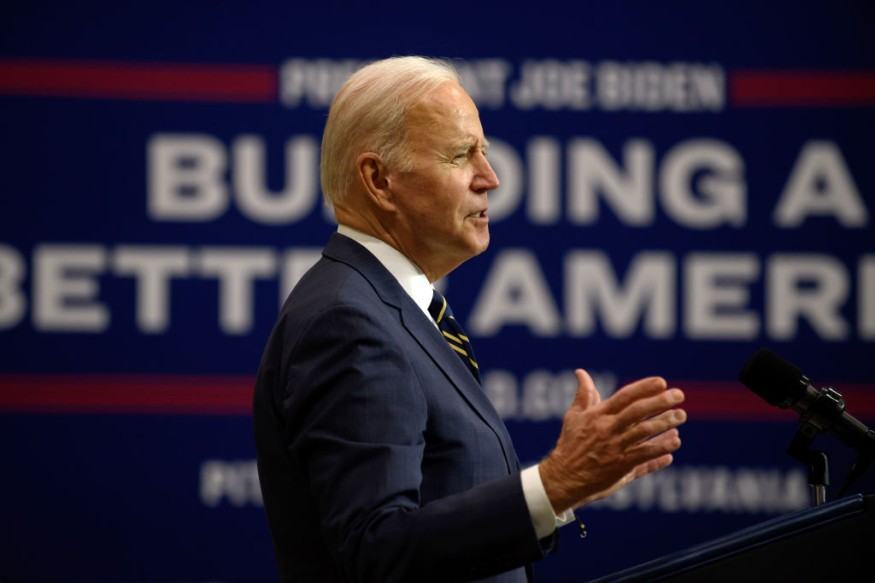
President Joe Biden's recent decision to block Nippon Steel's nearly $15 billion takeover of US Steel has sparked controversy, with significant implications for the steel industry and thousands of workers.
The move, based on national security concerns, has raised fears about job losses, especially in regions like Pennsylvania and Indiana, where US Steel operates aging blast furnaces that desperately need investment.
Biden Blocks Japanese Steel Deal to Protect US Jobs and National Security
Nippon Steel, a major Japanese company, had promised to invest $2.7 billion to modernize US Steel's blast furnace plants, including those in Gary, Indiana, and the Mon Valley in Pennsylvania.
The Japanese firm also vowed to preserve jobs and avoid layoffs for at least ten years. This proposal was seen by many, including some steelworkers in Mon Valley, as a crucial lifeline for a struggling industry.
The United Steelworkers union in Mon Valley even supported the deal, despite opposition from its national leadership.
However, Biden's administration stopped the takeover, citing concerns that foreign control of a key American steelmaker could undermine the nation's security, Independent said.
The US government has long viewed a strong, domestically owned steel industry as essential for national defense and economic resilience.
By blocking the deal, Biden argued that keeping US Steel under American control would better protect American jobs and critical infrastructure.
US Steel Faces Uncertain Future After Biden Stops Nippon Steel Takeover
US Steel, which once employed hundreds of thousands of workers in its heyday, has been in decline for decades.
The company now employs fewer than 22,000 people and faces stiff competition from foreign steel producers, particularly China.
While US Steel remains profitable, it has struggled with its aging facilities, making it difficult to compete globally.
According to AP, without the infusion of capital from Nippon Steel, the company warned that it would focus on modernizing its operations using electric arc furnaces, a more efficient method that requires fewer workers. This shift could jeopardize the jobs of thousands of steelworkers.
In response to Biden's decision, US Steel and Nippon Steel both expressed disappointment, claiming that the move could hurt American workers by denying them the chance for much-needed investment.
The two companies even suggested they might take legal action to challenge the decision. They also noted that the deal could have been an opportunity to create more jobs and strengthen the US steel industry in the long run.
The controversy surrounding the block also highlights a growing divide in American politics over trade and foreign investment.
While the decision has support from some union leaders and national security experts, others argue that it may have long-term economic consequences, particularly if it discourages future foreign investment in the US economy.
As US Steel continues to face financial challenges, the question remains whether it can survive and thrive without the support of foreign investment. Meanwhile, steelworkers in Pennsylvania and Indiana are left wondering what their future holds as the industry's landscape shifts.















